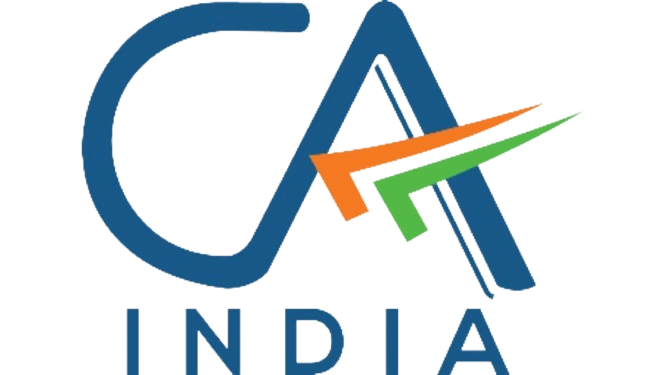The Goods and Services Tax (GST) framework in India has introduced specific provisions for determining the place of supply for online services, especially for services provided to unregistered recipients. This blog post aims to clarify the compliance requirements for suppliers of online services, ensuring accuracy in recording the place of supply on invoices.
Background
References from field formations indicate instances of non-compliance in recording the correct place of supply by suppliers of online services. Misinterpretation of Section 12(2)(b) of the Integrated Goods and Services Tax Act, 2017 (IGST Act), along with Rule 46 of the Central Goods and Services Tax Rules, 2017 (CGST Rules), has led to discrepancies.
Instead of declaring the recipient's state as the place of supply as mandated, some suppliers incorrectly declare their own location. This practice results in revenue being allocated to the wrong state, warranting clarification to standardize the implementation of these provisions.
Key Legislative Provisions
- Online
Information and Database Access or Retrieval (OIDAR) Services:
Defined under Section 2(17) of the IGST Act, these are services delivered electronically, such as cloud services, digital content subscriptions, and online gaming. - Place of Supply (Section 12(2) of IGST Act):
- For registered recipients, the place of supply is their location.
- For unregistered recipients:
- The location of the recipient, if an address is available on record.
- Otherwise, the supplier's location.
- Invoice Requirements (Rule 46 of CGST Rules):
- Tax invoices must include the recipient's state and address.
- For supplies involving online services or through electronic commerce operators, recording the recipient's state is mandatory, irrespective of the supply's value.
Clarifications Issued
- Mandatory
Declaration of Recipient's State:
Suppliers of online services, including those via electronic commerce operators, must record the recipient's state on invoices. This applies regardless of the supply value. - Applicability
to All Online Services:
Services such as OTT subscriptions, e-magazines, telecom services, and other digital offerings are included. - Mechanism
for Address Collection:
Suppliers must develop systems to gather the recipient's state information before providing services. - Correct Place of Supply Reporting:
- The recorded state is deemed the address on record.
- Suppliers must declare the recipient's location as the place of supply in GSTR-1/1A filings.
- Penalties
for Non-Compliance:
Failing to comply with these provisions, including not recording mandatory details on invoices, may lead to penal action under Section 122(3)(e) of the CGST Act.
Key Takeaways
- Suppliers of online services must ensure compliance with GST provisions by accurately recording the recipient's state on invoices.
- Non-compliance not only disrupts revenue allocation but also attracts penalties.
- A robust mechanism to capture recipient details can help suppliers align with the law and avoid unnecessary complications.
This clarification underscores the importance of understanding and adhering to GST regulations, fostering consistency across the implementation of the law.
For further guidance, suppliers are advised to consult relevant GST experts



